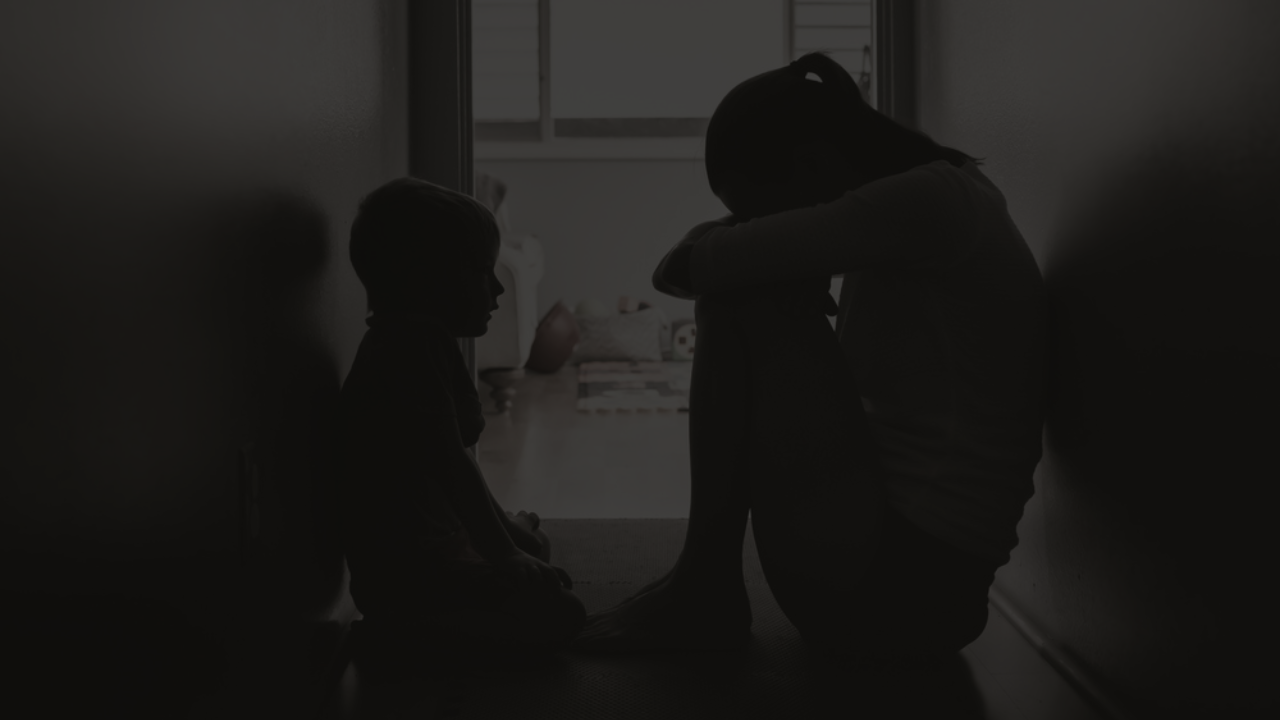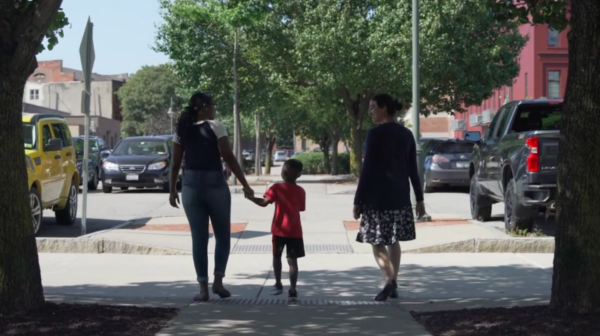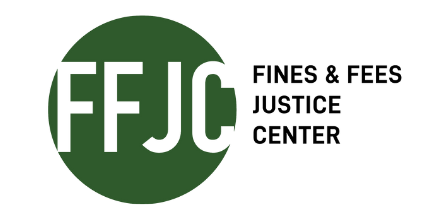In recent decades, state and local governments have increasingly turned to police, prosecutors and judges to generate revenue. They have increased the number and amount of fees (costs or surcharges) imposed on people in the justice system for everything from prosecution fees, to supervision fees, to fees added onto traffic tickets.
Fees are used to fund everything from the justice system itself to state and local general funds. This regressive system of taxation is now entrenched in jurisdictions across the United States and can be especially tempting to governments facing the threat of recession.
Fees are charged at nearly every point of interaction with the justice system. People who can’t afford these fees — which often total thousands of dollars — are subjected to punishments that trap them in a cycle of poverty: incarceration, driver’s license suspension, and additional fees.






